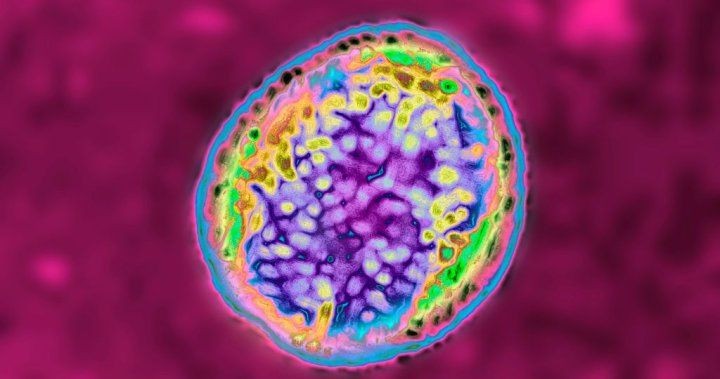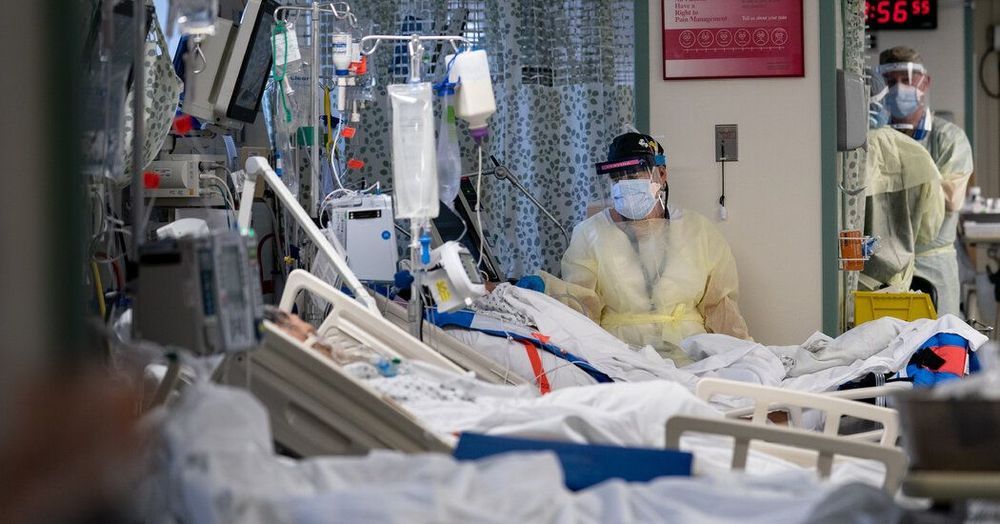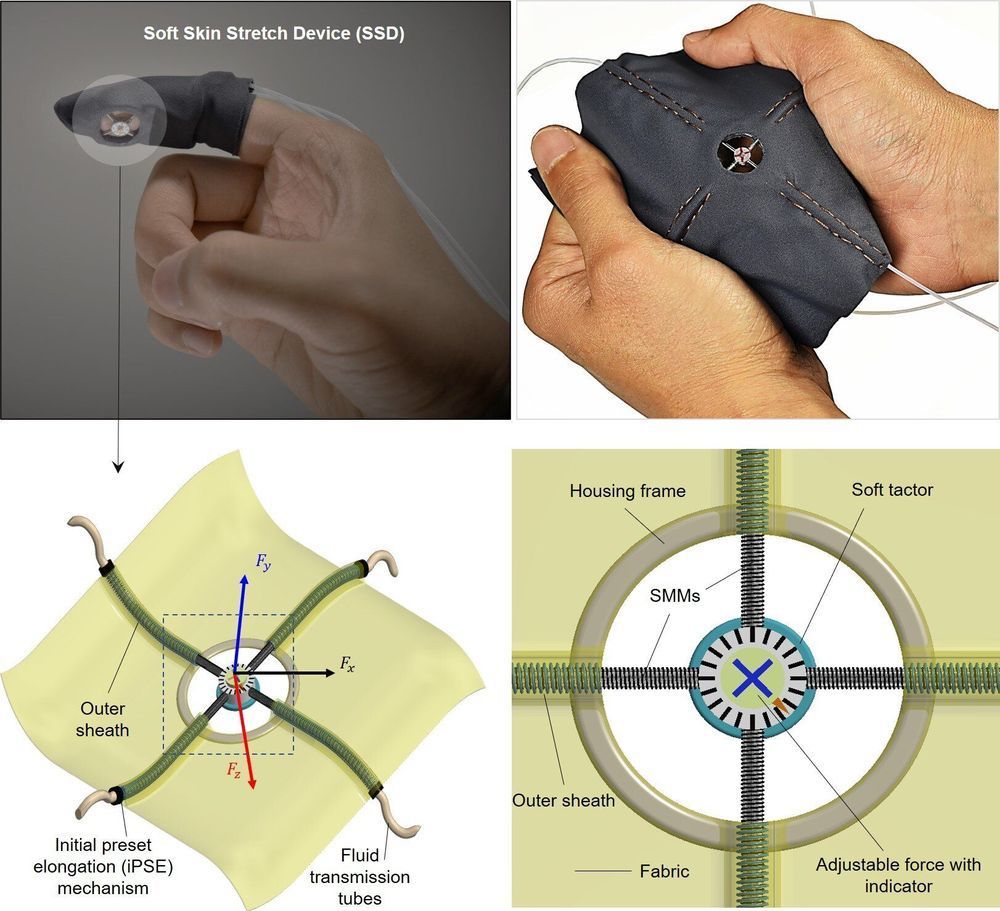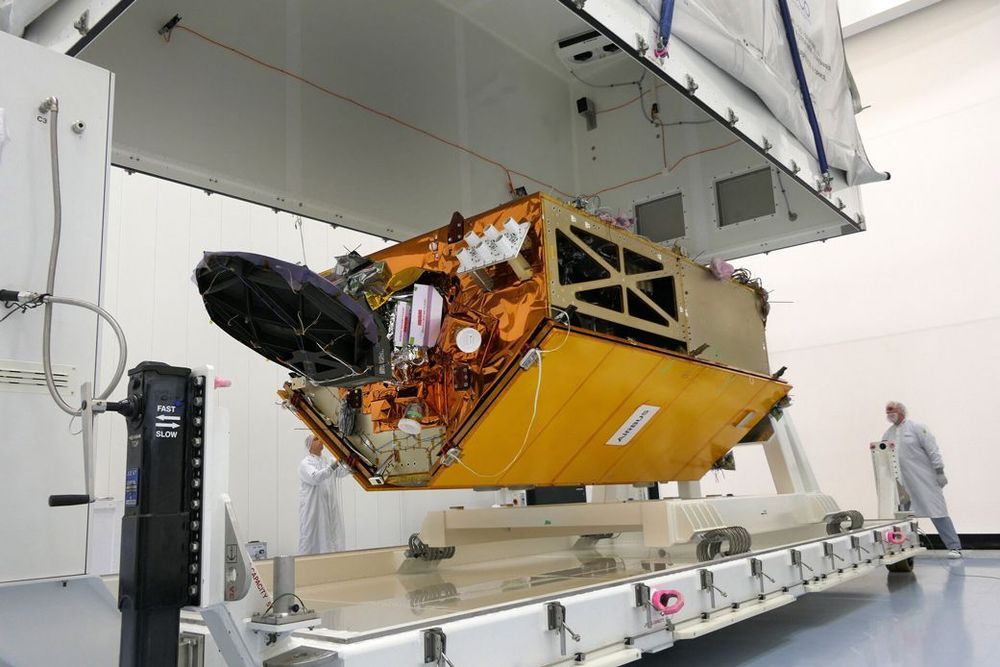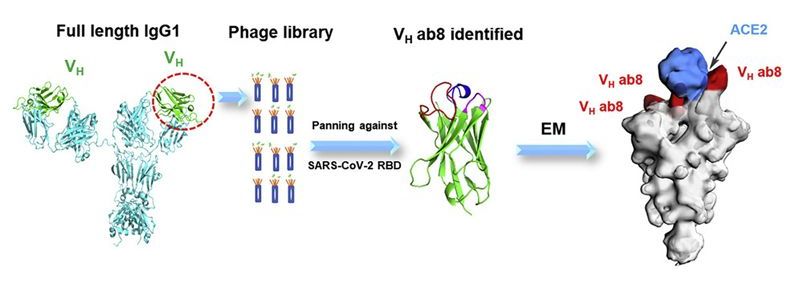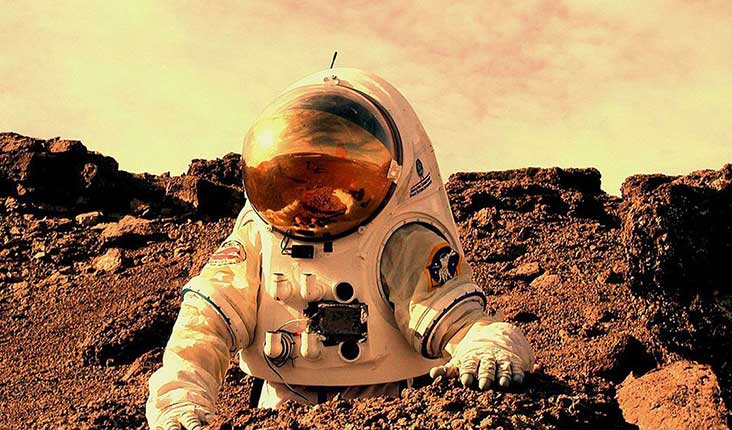Archive for the ‘biotech/medical’ category: Page 1307
Sep 17, 2020
Common drugs linked to increased risk of Alzheimer’s
Posted by Genevieve Klien in categories: biotech/medical, chemistry, health, neuroscience
A new study suggests anticholinergic medications may increase the risk of accelerated cognitive decline, especially in older adults at high risk of developing Alzheimer’s disease.
Anticholinergic drugs block the action of acetylcholine, a chemical messenger that controls a range of automatic bodily functions and plays a vital role in memory and attention.
Doctors prescribe these drugs for a variety of conditions, including urinary incontinence, overactive bladder, chronic obstructive pulmonary disorder (COPD), seasonal allergies, and depression.
Sep 16, 2020
A pandemic is no time to cut the European Research Council’s funding
Posted by Derick Lee in categories: biotech/medical, innovation
About 25% of all patents filed by projects supported by Horizon 2020 have come from ERC projects, even though commercialization of research is not the agency’s main aim. Bourguignon and his colleagues rightly argue that many advances in fundamental research ultimately contribute to innovation and benefit society. But that is a hard message to get across at a time of constrained funding and competing priorities.
Europe’s flagship science agency will be crucial to a post-coronavirus world. Slashing its budget will be a senseless act.
Sep 16, 2020
An Experimental Drug Protects Covid-19 Patients, Eli Lilly Claims
Posted by Omuterema Akhahenda in category: biotech/medical
A single infusion of an experimental drug markedly reduced levels of the coronavirus in newly infected patients and lowered the chances that they would need hospitalization, the drug’s maker announced on Wednesday.
The drug is a monoclonal antibody, a manufactured copy of an antibody produced by a patient who recovered from Covid-19, the illness caused by the coronavirus. Many scientists hope that monoclonal antibodies will prove to be powerful treatments for Covid-19, but they are difficult and expensive to manufacture, and progress has been slow.
A so-called monoclonal antibody lowered levels of the coronavirus and prevented hospitalizations. The research has not yet been vetted by independent experts.
Sep 16, 2020
New glove-like device mimics sense of touch
Posted by Quinn Sena in category: biotech/medical
What if you could touch a loved one during a video call—particularly in today’s social distancing era of COVID-19—or pick up and handle a virtual tool in a video game?
Pending user tests and funding to commercialize the new technology, these ideas could become reality in a couple of years after UNSW Sydney engineers developed a new haptic device which recreates the sense of touch.
Haptic technology mimics the experience of touch by stimulating localized areas of the skin in ways that are similar to what is felt in the real world, through force, vibration or motion.
Sep 16, 2020
How bats have outsmarted viruses—including coronaviruses—for 65 million years
Posted by Omuterema Akhahenda in categories: biotech/medical, evolution
Although the SARS-CoV-2 virus has sickened more than 14 million people, bats contract similar viruses all the time without experiencing any known symptoms. Now, the newly sequenced genomes of six species spanning the bat family tree reveal how they’ve been outsmarting viruses for 65 million years. The findings are an “excellent starting point for understanding the superstar immune systems of bats,” says Laurel Yohe, a postdoc at Yale University who studies bat evolution and was not involved with the work. With more than 1400 species, bats are the second most diverse group of mammals on Earth. They live on every continent except Antarctica, and range in size from two to more than 1000 grams. They fly, they echolocate, and some live up to 41 years—a long time for animals of their size. They are also known to carry many different kinds of viruses, including coronaviruses, with no ill effects.
Newly sequenced genomes reveal the secrets of their “superstar” immune systems.
Sep 16, 2020
Sea Level Mission Will Also Act as a Precision Thermometer in Space
Posted by Genevieve Klien in categories: biotech/medical, space travel
To get the best measurements of Earth’s atmosphere, you sometimes have to leave it. This November, the Sentinel-6 Michael Freilich spacecraft will do just that.
Sep 16, 2020
New drug highly effective against SARS-CoV-2
Posted by Future Timeline in category: biotech/medical
Scientists have isolated the smallest biological molecule to date that completely and specifically neutralises SARS-CoV-2 – the virus that causes COVID-19.
Sep 16, 2020
New bionics let us run, climb and dance | Hugh Herr
Posted by Quinn Sena in categories: biotech/medical, business, cyborgs, robotics/AI, transhumanism
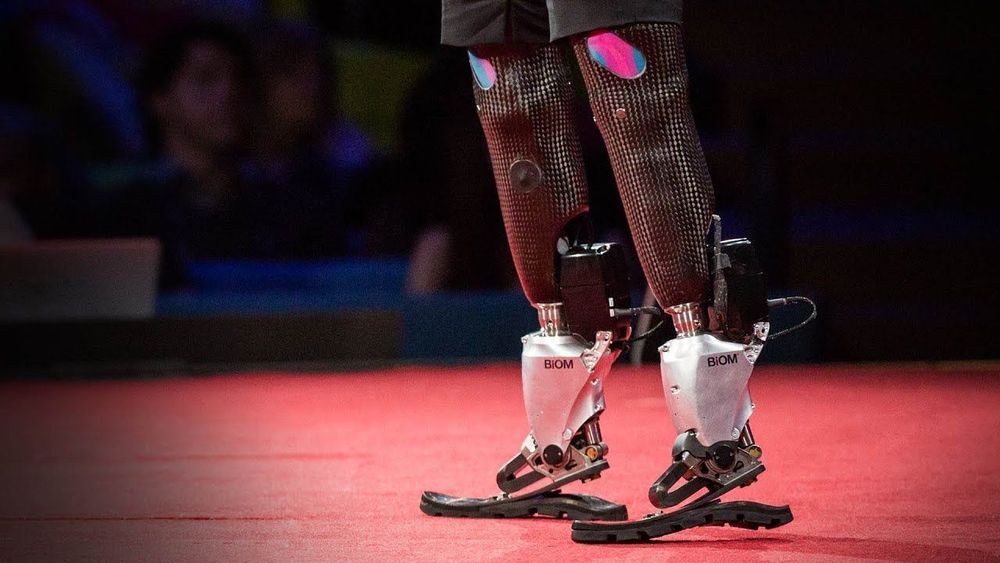
Visit http://TED.com to get our entire library of TED Talks, transcripts, translations, personalized talk recommendations and more.
Hugh Herr is building the next generation of bionic limbs, robotic prosthetics inspired by nature’s own designs. Herr lost both legs in a climbing accident 30 years ago; now, as the head of the MIT Media Lab’s Biomechatronics group, he shows his incredible technology in a talk that’s both technical and deeply personal — with the help of ballroom dancer Adrianne Haslet-Davis, who lost her left leg in the 2013 Boston Marathon bombing, and performs again for the first time on the TED stage.
Continue reading “New bionics let us run, climb and dance | Hugh Herr” »
Sep 16, 2020
How gene therapy could help astronauts survive deep space deadly radiation
Posted by Lola Heavey in categories: biotech/medical, Elon Musk, government, health, neuroscience, space travel
Over the past five decades, space travel advocates have been pushing to expand our footprint in space. They dream about lunar bases, missions to Mars and colonies in free space. The visions are ever changing, with government efforts joined by those of private companies like Elon Musk’s SpaceX — in the midst of an effort to send tourists on a trip around the Moon — gravitating toward the space tourism sector. While the goals and how to accomplish them are in constant flux, there remain certain obstacles that must be overcome before we take that next big step. And one of the biggest is the need to protect the health of our future space explorers.
That’s what’s prompted NASA to turn to the fast-moving world of gene therapy to solve several potential medical issues facing astronauts on lengthy space missions.
The US space agency and the associated Translational Institute for Space Health Research (TRISH) at the Baylor College of Medicine are now calling for proposals from private companies and other groups to develop a kind of gene therapy for astronauts. But this would be different than recent gene therapies that target specific diseases such as hemophilia or various types of cancer. Instead, the idea here is to minimize the damage from space radiation through a kind of preventive treatment. Exposure to radiation in space can cause cancer, cardiovascular disease, cataracts and the loss of cognitive function due to accelerated death of brain cells. These different disease categories involve very different mechanisms — cancer and heart disease result from radiation damaging DNA, while loss of brain tissue results simply from radiation killing off mature cells, and still other diseases result from radiation destroying stem cells.
